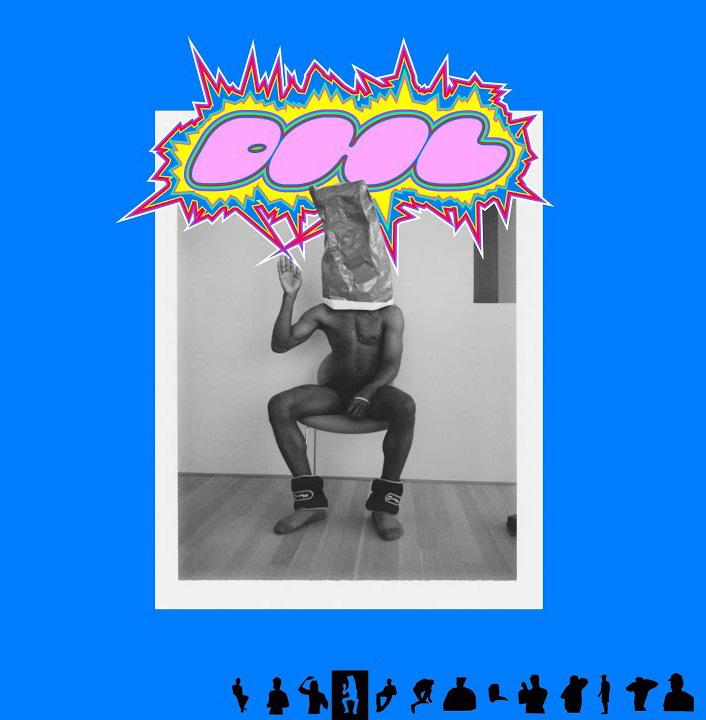
4 minute read
Implications of Brexit on the Music Industry
Brexit Means Brexit...but What Does That Mean for Music? A look into the implications of Brexit for the music industry: will it be forever changed?
Artists call for the protection of the touring music industry, in the fear Britain will turn into a “cultural jail”.
Advertisement
For years the U.K has embraced international sounds, assimilating a celebratory attitude towards musical diversity into the DNA of our country. World festivals, sound-system culture and carnivals have all contributed to the distinct identity Britain holds among other Western powers. Whether you are at Glastonbury’s West Holts Stage, listening to the soulful Malian sonics of Fatoumate Diawara, or find yourself bopping to a Black Coffee banger in a club, the international influence on our music scene is unquestionable.
With Bojo insisting Britain will leave the EU, even after yet another postponement, concerns are rising in the music industry about the impact it will have on maintaining the cultural diversity at these events. WOMAD (World of Music and Dance festival) have already felt the effects of the U.K’s increasingly oppressive visa restrictions on world artists; three acts were denied entry this year, with organiser Chris Smith expressing his frustrations at the home office for their “humiliating” approach to declining artist invitations, as explained to the Guardian.
Leaving the single market could also present problems for British acts trying to tour Europe. The rise in prominence of streaming services is creating a more interconnected world, and the talent from our shores are growing audiences increasingly worldwide. For genres already marginalised by authorities in England, making any money in our country’s Brexit era could prove difficult. Groups like 67, Brixton’s self-proclaimed ‘drillers’, used to rely on shows in Europe for any revenue, as police often shut down their gigs in England under the 696 risk assessment form.
The government told BBC’s newsbeat it’s “committed to protecting” the British music scene when Brexit happens. Michael Dugher, the boss of ‘UK Music’, says there could be a “practical solution” to the potential challenges of playing in Europe; talks of a touring passport has crossed the lips of industry experts, but this could still prove to be expensive for up and coming artists with a following abroad. Lily Allen, at last year’s Mercury Prize, joked that had she won the prestigious award the £25,000 prize money would have been spent on ‘visa applications after Brexit’.
As well as his Brexit boat battle with Nigel Farage, Sir Bob Geldof is another musician who has been extremely vocal about how damning leaving the EU could be to Britain’s music scene. His open letter to the then Prime Minister Theresa May protested that the vast reservoirs of musical talent we have on our Island will be silenced in a “self-built cultural jail” if we say au revoir to our European counterparts. In 2017, British revenue in the creative industries rose by 10.6%, bringing in £92 billion, growing at twice the rate of the national economy.
Organisers of European festivals initially voiced concerns when the outcome of the referendum was announced, but Alfonso Lanza (co-organiser of Primavera) admits “we can’t do this festival without UK bands and fans”; in the hysteria of Brexit, it is easy to forget that Britain has so much cultural dominance in the world of arts. An eighth of albums brought in 2017 were by a British artist, so it is scary to believe one of our largest grossing exports could be in jeopardy if we are to leave the EU.
The last three years have been a period of political uncertainty for everyone, whether you are proleave or pro-remain, but one of the other great cultural debates of our time is how on earth our tiny island produces the array of musical talent it does. If there is one certainty though, our nation surely wouldn’t function without the annual boozy night watching Eurovision.
Liam Cattermole
Single Spotlight

Credit: Samuel Kirszenbaum
Fans of Frank Ocean will be familiar with his Beats 1 radio show ‘blonded’ and last night’s show granted us the gift of new, dreamy tune ‘DHL’ and supposedly two more tracks are on the way.
Our first original release since album Blonde in 2017 and his cover of ‘Moon River’ in 2018, ‘DHL’ is 4 minutes and 30 seconds of euphonioussounding production from Boys Noize laced with Frank’s ambling verses.
The show also premiered more new material, with us all getting a remix by Sango of new tune ‘Cayendo’. This, alongside the original version of ‘Dear April’ (which has previously been remixed by Justice at a New York club night) are both available for preorder, showing that Frank clearly has a lot in the works right now.
In a rare interview with W Magazine, Frank has admitted he is being influenced by club music and will be making a departure from R&B in his upcoming work, considering themes of ‘strength and vulnerability’.
“The expectation for artists to be vulnerable and truthful is a lot, you know? When it’s no longer a choice. Like, in order for me to satisfy expectations, there needs to be an outpouring of my heart or my experiences in a very truthful, vulnerable way.”
From the previews we’ve got into his new project, including ‘DHL’, Ocean’s new music is taking a beat-driven transformation. There’s still the mellow lucidity we’re all accustomed to but this is being developed into something more – music for us to dance to rather than cry to, maybe – or that could just be me.
Needless to say, it’s finally Frank Ocean season again.










